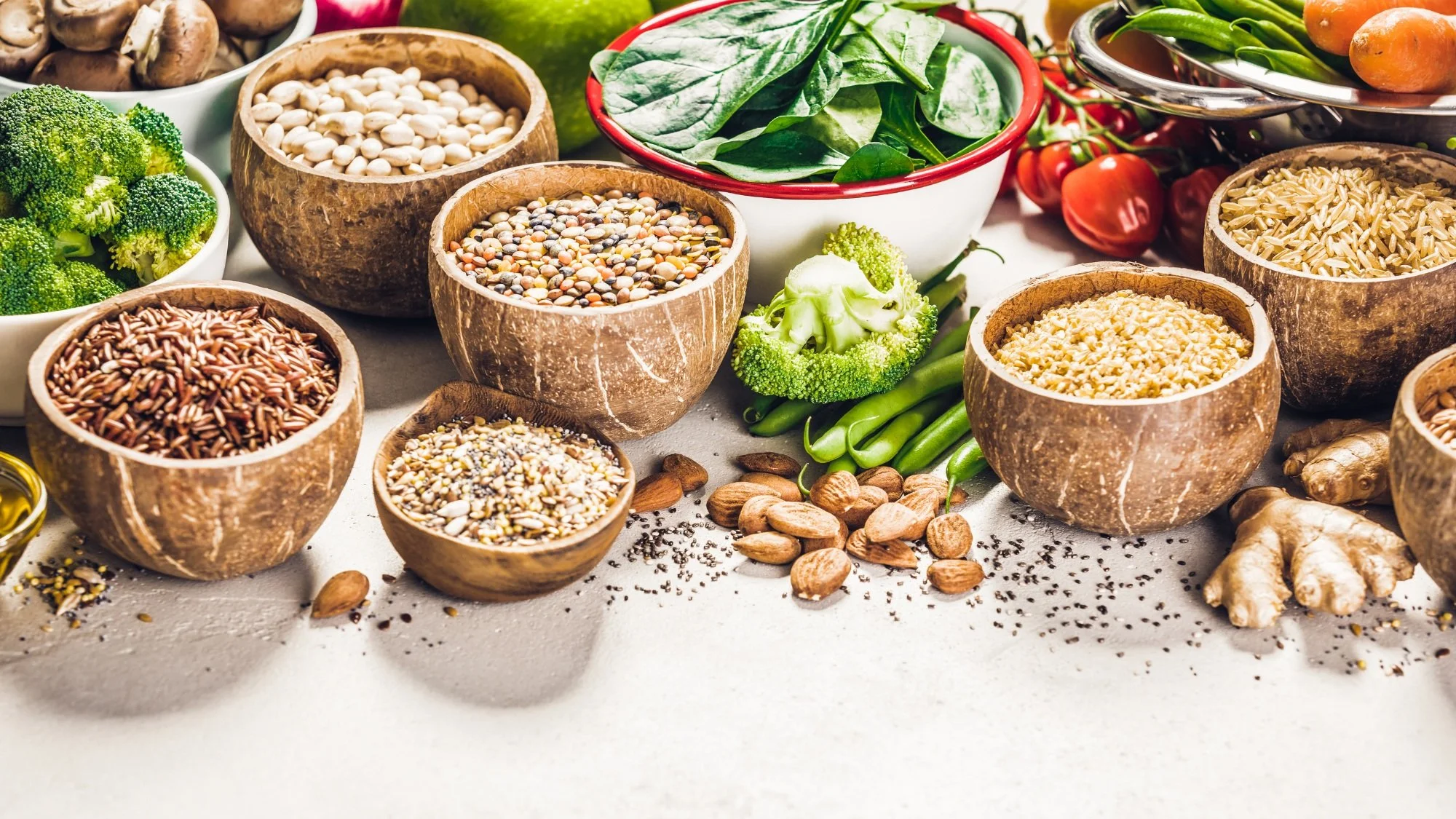No Guts, No Glory: The Importance of Dietary Fibre
One of the simplest ways you can impact your health and wellbeing is increasing your dietary fibre intake.
Since the 1970’s, extensive scientific research has been conducted on the relationship between dietary fibre and various aspects of health, including body weight, metabolic function, and cardiovascular disease.
Number 1….For Number 2
I think most of us are aware of the number 1 benefit of dietary fibre….
One of the most well-known benefits of fibre is its positive effect on keeping the gut moving and in preventing constipation.
Studies have confirmed this effect, highlighting significant improvements in constipation with increased fibre intake. So if you’re looking to get regular, ensure regular fibre content in each meal!
Weight Loss
Additionally, dietary fibre has been shown to aid in weight loss by reducing the frequency of eating and food consumption.
We can be driven to eat a particular volume, rather than a specific calorie amount. If you don’t feel full unless you have a full plate, think about adding in some high fibre foods, as they give a significant bang for your buck in terms of bulk, especially when compared to fatty, calorie dense options.
While some studies suggest that dietary fibre may lead to minor weight loss and changes in body composition, the evidence is not entirely conclusive. However, there is evidence to support the association between dietary fibre intake and reduced abdominal fat. Dietary fibre has been linked to improved insulin sensitivity and metabolic health.
Other Health Benefits
Studies have shown that high-fibre diets can reduce risk of heart disease.
It also plays a crucial role in maintaining a healthy gut microbiome. The gut microbiota and its metabolites are crucial to our gut health, as they maintain our intestinal barrier integrity, aid mucus production, protect against inflammation and reduce risk of colorectal cancer. And on top of all of that, higher-fibre diets have been associated with reduced risk of breast cancer, particularly in postmenopausal women.
Building Blocks
If you’re looking to build your fibre intake, remember, this is a marathon, not a sprint. Just as you wouldnt start lifting 100kg weights on your first day, you need to give your body time to adjust to increased fibre - start slowly and drink plenty of water throughout the day.
The advice is to take in 25-35g per day depending on your sex and some people may need more (or less) than this, which is something I work with my clients with in our consultations. Pay attention and take note of what your body is telling you. Below are some of my favourite ways to up my fibre intake




